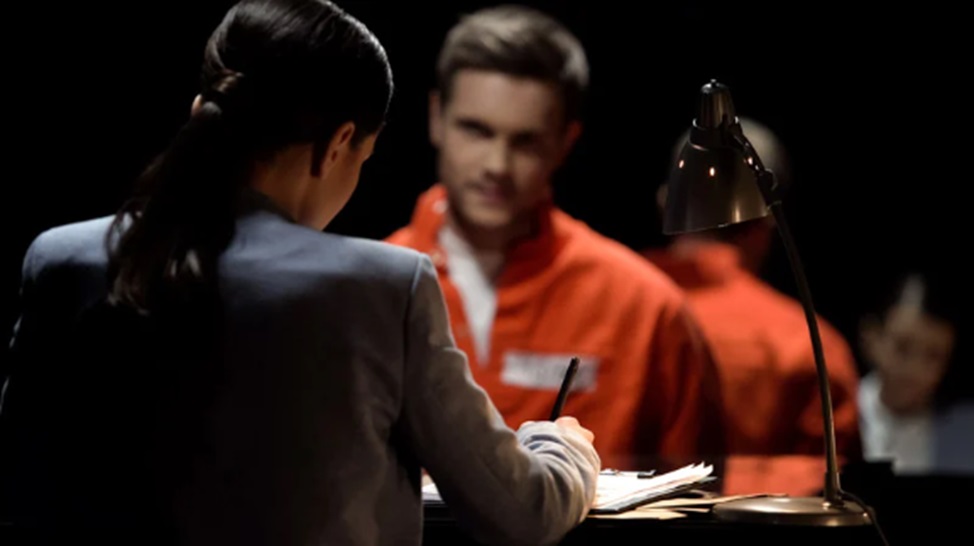
Understanding the Importance of Timely Evidence Collection with Your Criminal Defense Lawyer
When facing criminal charges, the actions you take immediately after an arrest can significantly influence the outcome of your case. One of the most crucial steps is working with a qualified criminal defense lawyer in Minneapolis to ensure that evidence is collected and preserved in a timely and effective manner. Time-sensitive details can disappear, witnesses may forget vital information and critical documentation might be lost if not handled quickly.
Timely evidence collection isn’t just a legal technicality—it’s often the key factor that shapes the strength of your defense. A delay can lead to missed opportunities, potentially weakening your position in court. Understanding why this step is so vital can help you appreciate the immediate value a defense lawyer brings to your case.
The Role of Evidence in Building a Strong Defense
The strength of any criminal case—whether for the defense or the prosecution—rests heavily on the evidence presented. This includes physical items, surveillance footage, digital communications, police reports, and witness statements.
Without swift action, important evidence may become compromised. For example, video footage from public or private surveillance systems is often deleted automatically after a short period. Similarly, the memories of witnesses can fade, or they may become unavailable altogether. Your attorney can quickly issue subpoenas or preservation orders to secure this evidence, which can make or break your case.
Working with Your Lawyer to Secure Evidence
From the moment you hire a defense attorney, they begin assessing your situation and taking necessary steps to protect your rights. This includes investigating the scene, interviewing witnesses, and reviewing all available materials related to the case. If you’re unsure how to prepare for these conversations, consider questions to ask your criminal defense lawyer after an arrest so you can provide the information they need to act swiftly and effectively.
A strong defense often starts with small, time-sensitive details that might seem insignificant to you but could be critical in court. Something as simple as the timestamp on a social media post or a location ping from your mobile phone could substantiate your alibi or dispute a key piece of the prosecution’s case.
Legal Protections and Your Attorney’s Responsibilities
Beyond collecting evidence, your attorney ensures your rights are protected throughout the legal process. This includes preventing the introduction of unlawfully obtained evidence, challenging questionable procedures used by law enforcement, and advocating for the exclusion of unreliable testimony. A defense lawyer doesn’t just react—they proactively shape your defense from day one. The role of a criminal defense lawyer in safeguarding your rights involves ensuring fair treatment, challenging unlawful procedures, and defending you against any violations of due process. From fighting unconstitutional searches to identifying prosecutorial overreach, your lawyer plays a central role in upholding your legal protections throughout the case.
Conclusion
Time is a critical factor in criminal defense cases, and working with an experienced lawyer ensures that no detail is overlooked. Prompt evidence collection not only supports your case but also helps your attorney identify any legal missteps that may work in your favor. If you’ve been arrested or charged, don’t wait—contact a criminal defense lawyer immediately to begin protecting your future. An early and thorough defense strategy is often the strongest one.


